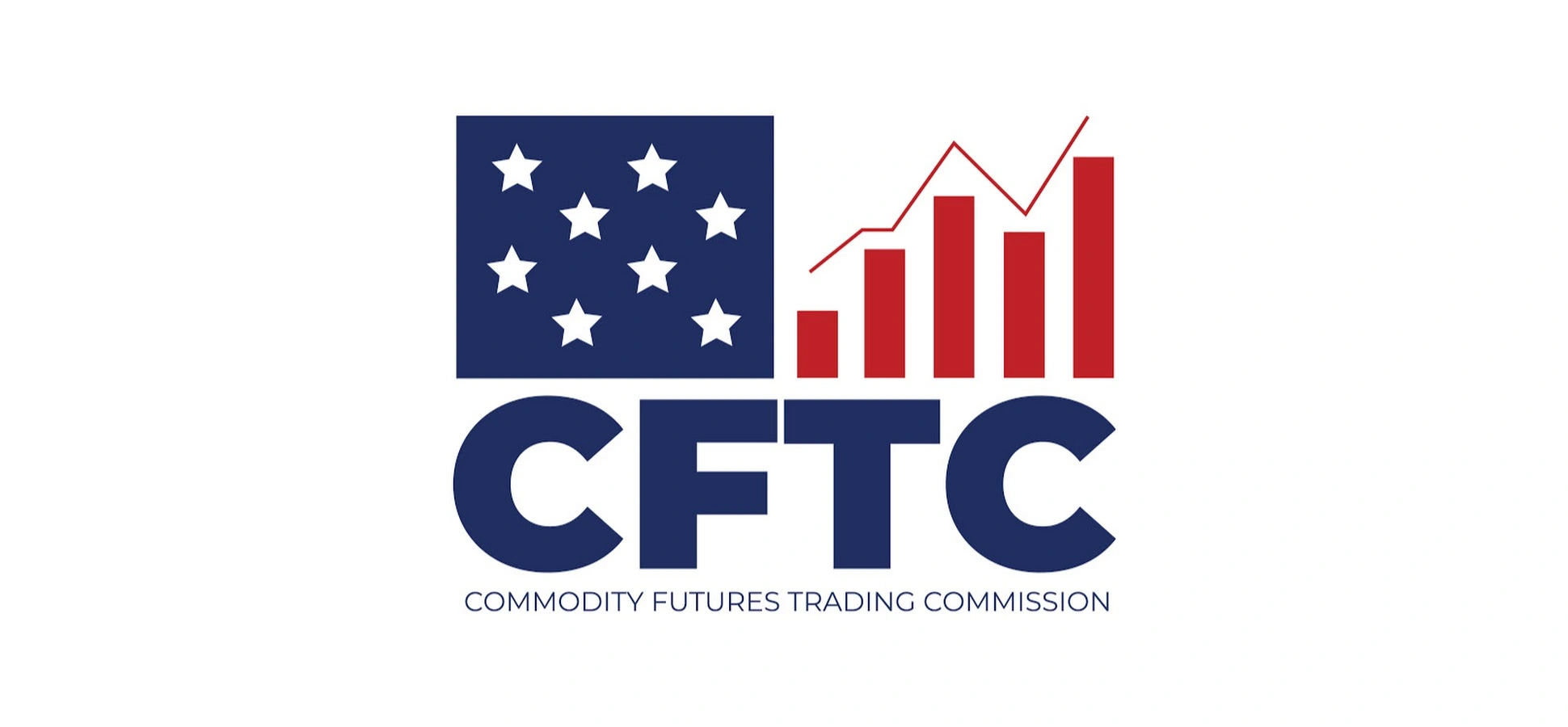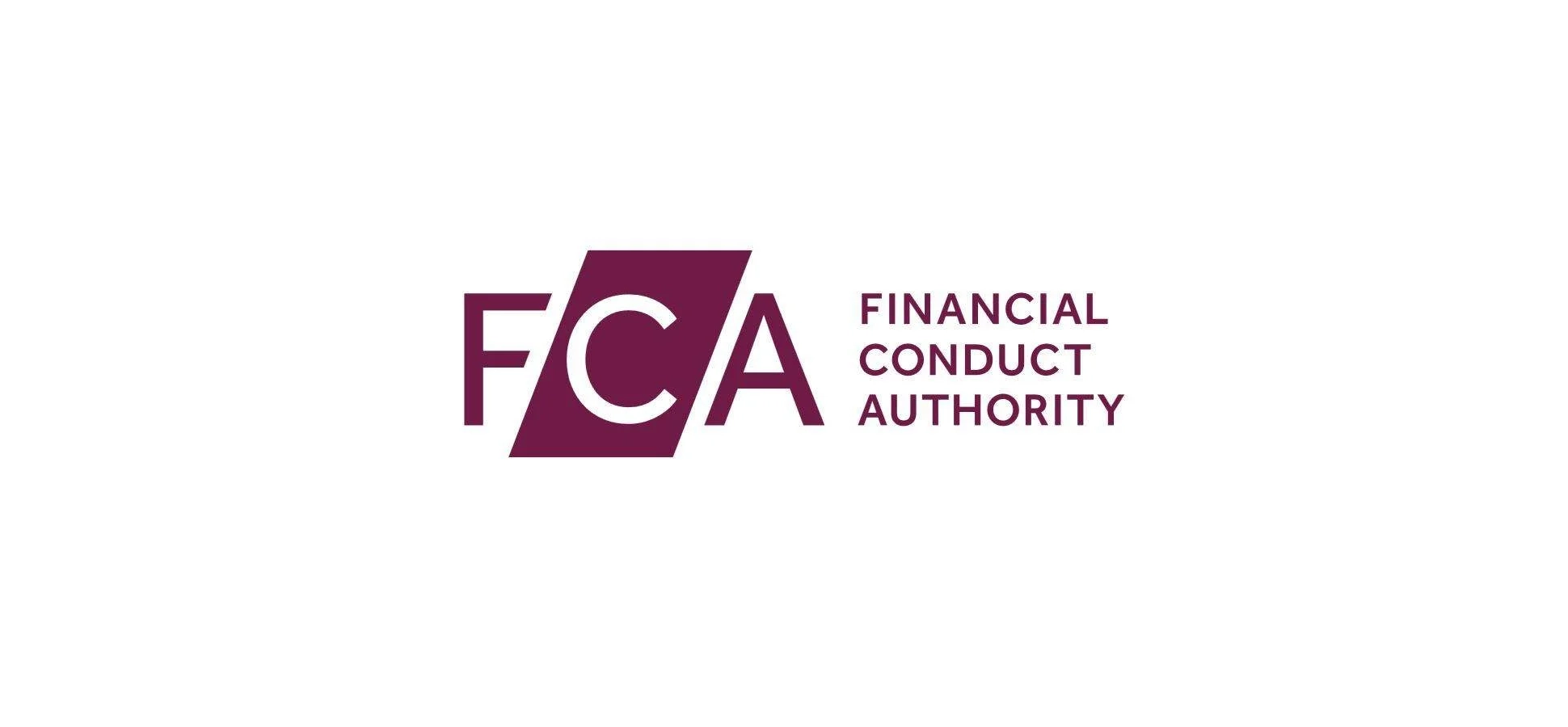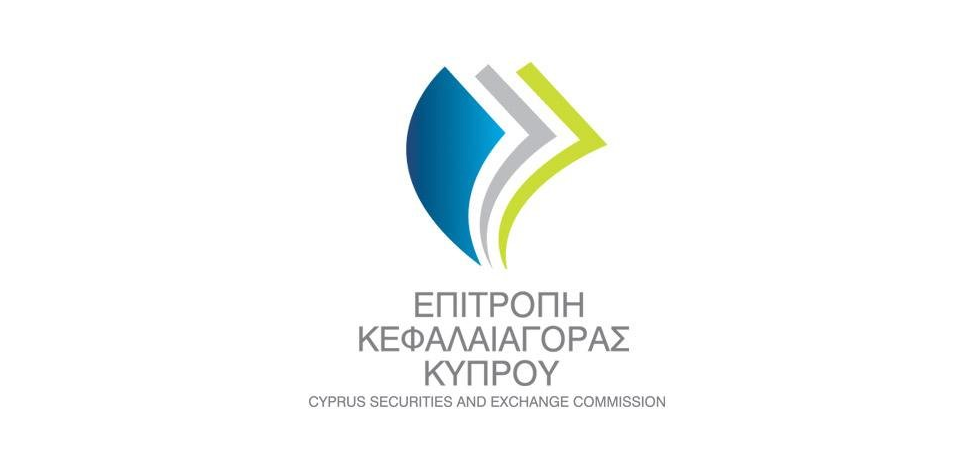22.04
Share ArticleForex market currency regulation: The dark side of restrictions

Forex markets operate round the clock, providing traders and investors with many opportunities. Forex market traders or investors have several advantages such as high liquidity, low capital requirements, easy entry and low costs. However, few traders or investors actually succeed in the Forex market. Many traders and investors fail for a number of reasons. For example, they use extreme leverage, meaning they borrow capital from Forex brokers to increase their potential investment returns.
They fail to realize that the Forex market cannot consistently offer higher investment returns. This prevents traders or investors from making profits. They take more risks and get small amounts of profits in return. As a result, the Forex market has become more regulated as there are many unscrupulous Forex brokers who should not be in this business.
The most notorious Forex jurisdictions around the world
Identifying reliable and viable Forex brokers is very important to get the best services and help traders or investors maximize their profits. When a broker uses methods that work against traders or investors, it is almost impossible for clients to make profits.
Consequently, the foreign exchange market needs regulation to curb unscrupulous practices. Many regulatory bodies around the world have started imposing restrictions on Forex brokers. These mainly concern CFD trading, binary options, bonuses and leverage.
This is partly a reaction to the large amount of negative press and a desire to cleanse the industry of rampant fraudulent brokers. In an effort to protect consumer rights, regulators can avoid unfair business practices and risky offers.
The following jurisdictions are considered the most important for foreign exchange regulators.
U.S. foreign exchange regulation
It is no secret that the U.S. has long been home to one of the largest financial markets in the world. What's more, U.S. currency trading offers tremendous liquidity. Due to the massive currency trading operations, the U.S. government has issued strict regulations for brokerage firms based in the country.
To protect customers from fraud, the US authorities have allowed public access to data and information such as lists of legitimate accounts and the financial status of brokers. Excessive leverage in foreign exchange transactions in this jurisdiction is the responsibility of the U.S. Commodity Futures Trading Commission (CFTC). In addition, the National Futures Association (NFA) ensures that online brokers strictly adhere to financial standards. However, these numerous and strict regulations sometimes prove counterproductive, preventing US residents from participating in the flexible transactions available in other jurisdictions.
Currency regulation in the UK
The UK has a prominent regulator, the Financial Conduct Authority (FCA). Its purpose is to ensure that financial markets, including foreign exchange markets, are safe and that customers are treated fairly. It protects customers, strengthens market integrity and encourages competition. The FCA uses a cost-benefit approach to developing foreign exchange regulation rules. The agency implements and integrates innovative ways to regulate the local FX industry to deliver multiple benefits to all FX market participants and stakeholders.
In addition, the UK is positioned for global FX trading, which is highly competitive and offshore-friendly. The country has also set up a government guarantee fund of up to fifty thousand pounds to protect affected clients of Forex traders facing financial difficulties. This participation is based on the principle that innovation is not subject to excessive restrictions and can be implemented within reasonable limits.

Swiss foreign exchange regulation
It is well known that the Swiss banking system is highly trusted. It offers a high level of confidentiality and low financial risk, as well as high capital requirements and strong depositor protection. This virtually guarantees that any deposit will be safe from financial crises and conflicts. Given this reliability, Switzerland has the safest standards in the foreign exchange industry.
However, in 2009 there was a financial scandal. Due to this, the government decided to authorize the Swiss Federal Banking Commission (SFBC) to exercise its jurisdiction and impose rules for currency trading in Switzerland. From a security point of view, this is a good decision that attracts many interested brokers and traders. In order to open a brokerage company and a bank account for specific trading purposes, Swiss currency regulations require strict and quality documentation. The entire process must comply with strict banking standards.
Swiss regulations also give companies special discretion and treat financial services clients as responsible adults. This is why, unlike other leading foreign exchange jurisdictions, Switzerland does not limit leverage, prohibit credit card financing or impose other detailed restrictions. This Swiss approach gives Swiss brokerage firms and their clients the freedom to negotiate mutually acceptable terms.
Foreign exchange regulation in Cyprus
In addition to the three jurisdictions listed above, there is another currency jurisdiction popular among brokers and traders that deserves a mention, namely the Cypriot financial regulatory body known as CySEC (Cyprus Securities and Exchange Commission).
Known for being the provider of offshore FX licenses that comply with the European MiFID financial legislation, CySEC has made a number of important changes in 2019. These largely affect the trading industry in Cyprus, as important restrictions for Forex brokers and CFD traders have been tightened. Whether it's a ban on attracting clients with high bonuses or limiting leverage ratios, the Cypriot supervisory authority is keen to put client safety first.
The rules developed by CySEC aim to increase transparency by standardizing regulations governing European financial markets across 31 states. As a result, CySEC has been given broad powers to monitor the activities of its members by implementing rules to guarantee the safety of clients' investments. These rules also require the provision of clear product information and a commitment to "work fairly with clients" so that the latter can avoid high-risk investment firms.
The biggest reaction in the Forex industry has been the leverage situation. CySEC-regulated brokers can now offer leverage of only 1:30 on currency pairs and 2:1 on cryptocurrencies, whereas before it was 1:1000 or even 1:2000. The European Securities and Markets Authority (ESMA) took this measure in response to the many potential risks of steep losses that high leverage poses. While these regulators' protections seem good for consumers, some traders are not happy about this ruling.

Here are some of the reasons:
Regulators are not trusted to do their job
Many traders doubt that the regulators are up to the task. Instead of protecting consumer rights, regulators impose restrictions that are only enforced under media pressure. Moreover, regulators are usually slow to update their terms and conditions. This means that a broker may exploit a loophole for years before it is corrected.
Looking for a loophole
For example, regulators cannot effectively monitor virtual companies, which can close and open in a new jurisdiction at will. Brokerage firms can violate local regulators without having a physical presence in a given jurisdiction.
Regulators are part of the problem
Regulators receive significant funds from their member firms. Therefore, it is not surprising that they have a duty to protect and maintain the profits of brokerage firms. However, many unscrupulous brokerage firms are regulated without adequate protection. Regulators are trying to create more convenient and reasonable requirements to maintain and protect only their own bottom line. Many traders see this as a serious trust issue and blame lenient regulators for jeopardizing their protection.
Regulated and unregulated binary options
A binary option is automatically exercised when it expires. If the price of the underlying asset is on the right side of the strike price, the trader can make a profit. As a result, binary option refers to alternative investments with higher risk. In addition, unregulated binary options companies still exist, but regulators are powerless to stop them. The powerlessness of regulators in the face of unregulated binary options companies leads to the growth of attractive high-risk product offerings without any consumer protection. This hurts many traders because of the lack of trust in regulators.
Restricting consumer rights
Investors or traders simply want big profits and take big risks to achieve them. In order to trade freely, they want to determine for themselves what is too risky and what is questionable. They don't want someone else to restrict their freedom to trade as they see fit. However, they also want to be protected from fraudulent and unregulated companies so that their funds are safe.
Hence, restrictions can be helpful for people who lack the knowledge to trade successfully. However, traders with sufficient knowledge will feel restricted because strict regulators usually impose numerous restrictions on the application of their trading strategies.
Take, for example, the new CySEC restrictions, which eliminate most of the more lenient proposals that can be important for both Forex brokers and their traders.
Bonuses as a fundamental part of the business
For almost all brokers, bonuses have become a fundamental part of the business, especially for smaller brokers with limited capital to compete with others. If they want to keep their CySEC license, they will have to rethink their marketing strategies and focus on long-term solutions that benefit their clients. Some brokers have finally changed their strategy and focused solely on lowering spreads and commissions, while others have focused solely on offering a wider selection of instruments.
From a trader's perspective, bonus programs can be an alternative way to earn more trading credits without having to make additional deposits into your account. Some bonus programs can be tricky or dangerously unfair, but for experienced traders who understand the ins and outs of bonus programs, they may still want to participate in them in order to achieve certain goals. If traders are aware of the risk, this shouldn't be a problem. Brokers just need to make sure that traders who sign up for bonus programs understand their terms and conditions.
Final Thoughts
Despite these issues, many traders continue to believe that licenses issued by regulatory bodies are an indicator of safety when choosing a Forex broker. The licenses issued by the major FX jurisdictions mentioned above are particularly secure and highly respected compared to licenses issued by other jurisdictions.
However, the dilemma between security and flexibility of trading conditions leads many experienced traders to end up choosing two types of Forex brokers: those that are highly regulated and those that are loosely regulated, purely in order to trade without restrictions. But before you do, make sure you have built a winning trading system that will not be hindered by any restrictions. If not, trading with a well-regulated broker should be your top priority.


Reviews